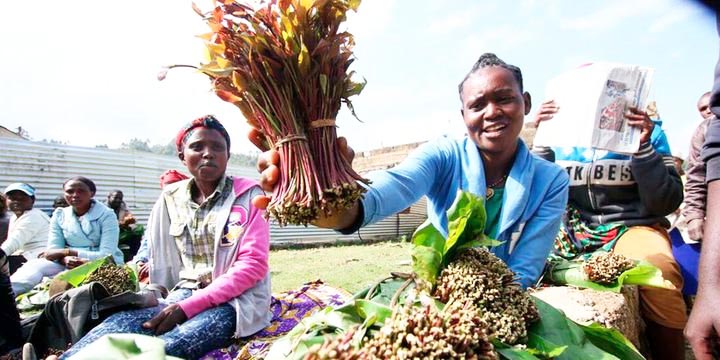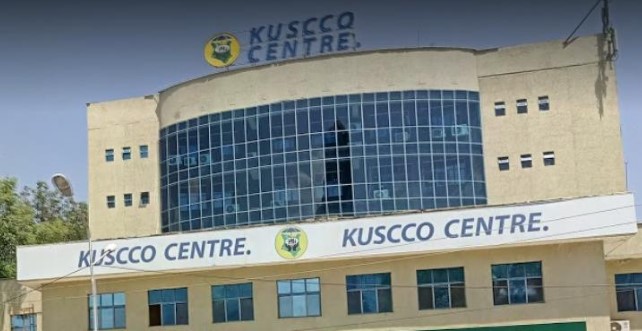By John Majau
The miraa sub-sector has shown signs of recovery from the two-year ban in Somalia, signalled by the increased deposits farmers make at Saccos and other banking institutions.
According to Mr Titus Munjuri, Dhabiti Savings and Credit Cooperative Society’s chief executive, farmers’ deposits had risen by about 15 per cent over the past month, boosted by sales of the produce.
“Over the two years of market closure, farmers were depositing little money but since the reopening of the Somalia market, the deposits have risen,” Mr Munjuri said.
He said that the Sacco has a specific product for miraa farmers that allows growers to access credit at affordable rates.
Somalia lifted the ban imposed in March 2020 on the stimulant two months ago, sending a sigh of relief to thousands of farmers who had been losing at least Ksh16 million daily. The ban had seen farmers’ earnings drop to its lowest in the history of the crop.
The recovery is however being slowed down by low production and a levy of $4.5 (Ksh540) per kilo in Nairobi that traders claim has not been properly explained.
Nyambene Miraa Traders Association (Nyamita) chairman Kimathi Munjuri said despite good prospects, there were bottlenecks that have dampened the traders’ projections after the first month of re-opening of the market.
“We are witnessing the sector’s rebound because we are shipping at least 14 tonnes of khat to Mogadishu daily where we sell at $25 (Sh3,000) a kilo. But the levy in Nairobi is making our product uncompetitive in a market where Ethiopian traders are also supplying,” he said.
He said while the cost of production of the Kenyan khat is about $23 (Ksh2,760) which forces them to sell at $25, the Ethiopia commodity is cheaper by up to seven dollars since it is sold at $19 (Sh2,200).
“At this rate our product is uncompetitive and at times we are forced to sell it at a loss. We want the levy in Nairobi to be scrapped to enable us reduce our market prices,” Mr Munjuri said in an interview in Meru.
Concerning production, Mr Munjuri said farmers were still grappling with poor crop husbandry and called on county and national governments to help growers access farm inputs and credit.
“Low production is also affecting us because low supplies lead to high farm gate prices which are not favourable to traders. If production is scaled up we will get the produce at lower prices, which will enable us to be more competitive in the export markets,” he said.
Mr Munjuri said while Ethiopia supplies up to 400 tonnes of the stimulant to the Somalia market, Kenyans ship only 150 tonnes.
Mr Simon Kubai, a farmer in Igembe South, said they were optimistic that the reopening of the market would herald better returns.
“Now that the politics associated with the ban is over, we expect our product will fetch better prices,” he said.



